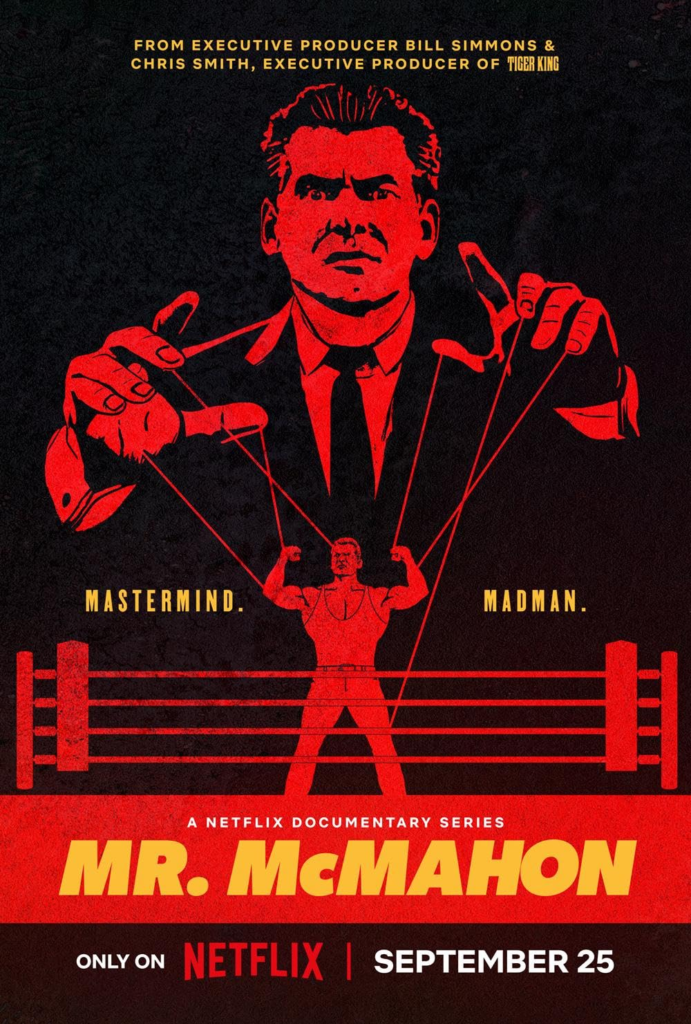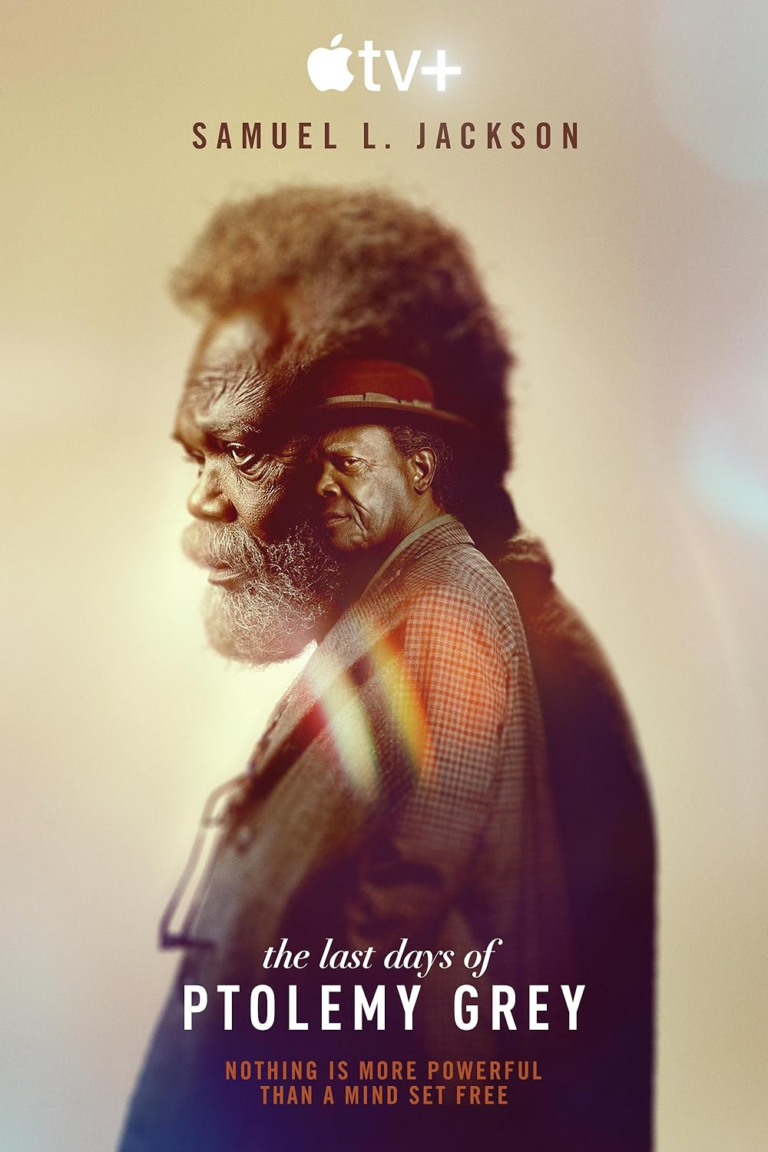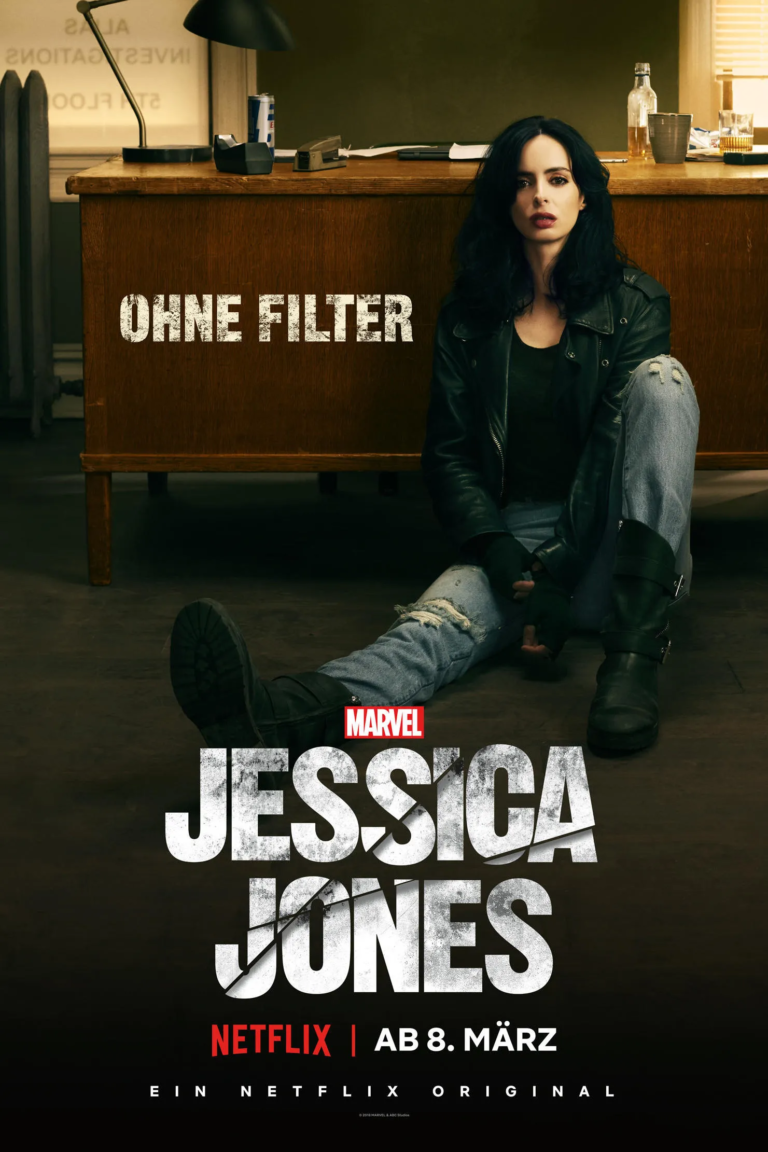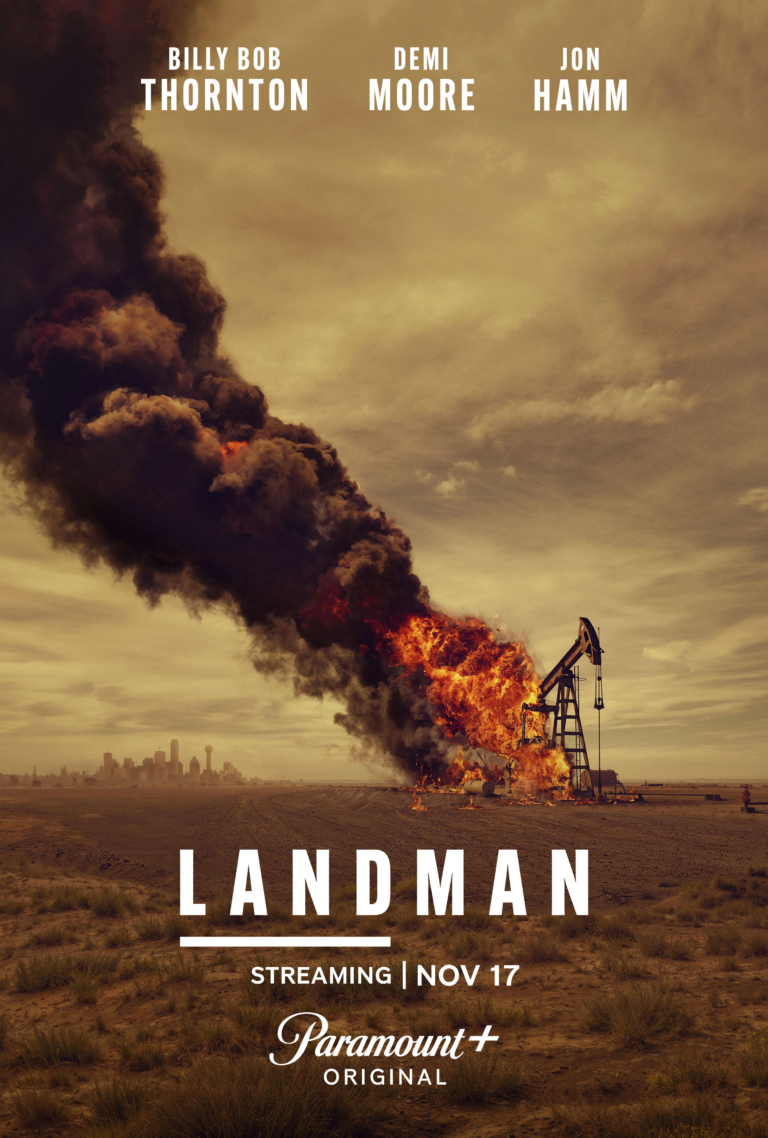Mr. McMahon Christian Review

The wrestling world has its share of legends, icons, and larger-than-life personalities, but few cast as long and complicated a shadow as Vince McMahon. It’s one thing to be known for building an empire — the guy took a niche sport and turned it into a global spectacle — but it’s another thing entirely to be seen as the puppet master behind it all. Vince McMahon isn’t just the man in charge; he is wrestling, in all its bombastic, over-the-top, and morally ambiguous glory. So, naturally, when a documentary promises to show the man behind the persona, to give us Vince McMahon in his own words, it’s hard not to sit up and pay attention.
But here’s the catch — “Mr. McMahon,” despite its sprawling six-hour runtime, ends up feeling like it’s playing it safe. It’s like a wrestling match that promises a no-holds-barred brawl, only to end with a handshake and a pat on the back. The documentary has its moments, sure. It’s fascinating, sometimes even enlightening, especially if you’re into business, branding, or the way reality and fiction blur in the world of pro wrestling. Still, if you were hoping for a gloves-off, no-punches-pulled exposé, this isn’t quite it. Instead, what you get is a story carefully controlled, meticulously crafted, and at times frustratingly sanitized.
The Master Manipulator: Vince McMahon Speaks, but Does He Really Say Anything?
To be fair, there’s something inherently intriguing about listening to Vince McMahon himself talk about his life. He’s charismatic, shrewd, and never less than captivating — it’s no wonder he’s held sway over the wrestling world for so long. You can see why fans and critics alike have been mesmerized by his larger-than-life persona, both on-screen and off. He’s got that classic showman’s flair, and when he speaks, you want to listen. But as the hours tick by, it starts to become clear that this isn’t a man baring his soul. If anything, it feels like he’s still playing a role, still working the crowd. It’s all part of the show.
There’s an element of theater to the whole thing, like he’s sitting down not for an interview but for yet another performance. It’s McMahon the businessman, McMahon the provocateur, McMahon the villain — but where’s McMahon the human being? There’s no real self-reflection, no acknowledgment of the pain and chaos that have trailed behind his rise to power. Sure, he talks about the controversies, the scandals, and the accusations, but it’s all brushed off with a wave and a smirk. You can almost hear the unspoken line: “It’s just business, pal.”
And maybe that’s the most frustrating part. This documentary had the opportunity to peel back the layers, to show us something raw and unpolished. Instead, it feels like Vince McMahon still has a say in what gets shown and what doesn’t. It’s all very controlled, very choreographed — kind of like one of his own wrestling storylines.
The Missing Voices: Where Are the Victims?
But it’s not just Vince’s slick, guarded demeanor that holds “Mr. McMahon” back. It’s the absence of other voices — the people who’ve been on the receiving end of his relentless ambition, those who’ve been chewed up and spit out by the machine he created. Wrestling is a tough business. It’s brutal, it’s punishing, and it’s filled with stories of those who didn’t make it out the other side. Vince McMahon’s career is littered with casualties, some physical, some psychological, some financial. The documentary hints at these darker elements, but only in passing, like a camera gliding over wreckage without ever stopping to look at the carnage up close.
Where are the voices of those who’ve suffered under his leadership? The wrestlers who were pushed to the brink, the employees who saw their dreams crushed, the people who were left behind in the wake of his rise? Their stories are relegated to the margins, making the narrative feel one-sided and incomplete. From a Christian perspective, this lack of representation is especially troubling. We’re called to seek the truth, to stand up for the oppressed, and to give a voice to the voiceless. But this documentary doesn’t do that. It’s content to let Vince have the last word, which, given his track record, feels like a disservice.
Wrestling as a Business: The Genius and the Exploitation
What “Mr. McMahon” does get right, though, is its exploration of the business side of things. If you’re a fan of marketing and branding, if you’re fascinated by the way perception can shape reality, there’s a lot here to chew on. Vince McMahon took what was once a small-time, regional attraction and turned it into a global juggernaut. He’s a master manipulator, not just of his audience, but of the media, the narrative, and even the wrestlers themselves. He’s built an empire on spectacle and drama, playing with the line between fact and fiction until no one’s quite sure what’s real anymore.
But there’s a dark side to that genius. Wrestling, for all its glitz and glamour, is built on pain, both physical and emotional. Vince McMahon has always pushed his performers to their limits, demanding that they sacrifice their bodies, their time, and sometimes even their sanity for the sake of the show. And when they break down, when they can’t go on anymore, they’re often discarded, replaced by the next big thing. It’s a brutal system, and while the documentary touches on this, it never really delves into the ethical implications. It’s more interested in Vince the businessman than Vince the taskmaster, and that feels like a missed opportunity.
Entertainment or Exploitation? The Blurred Line of Morality
And that’s where things get murky. Is Vince McMahon a visionary, or is he just an exploiter? Is he a genius, or a tyrant? The truth is, he’s probably a bit of both. Wrestling, under his leadership, became something greater, something more impactful — but it also became more dangerous, more exploitative. He’s blurred the lines between entertainment and reality so thoroughly that it’s hard to tell where one ends and the other begins. And for a man who’s spent his career manipulating narratives, this documentary feels like yet another chapter in that story. It’s compelling, but it’s also frustratingly incomplete.
Final Thoughts: What’s Missing, What’s Left Out, and What It All Means
So where does that leave “Mr. McMahon”? It’s an interesting watch, no doubt. It’s engaging, it’s thought-provoking, and it’s undeniably slick. But it’s also frustratingly shallow in places where it should be deep, glossing over the uglier parts of the story in favor of a more polished narrative. As a character study, it falls short. We get glimpses of the man behind the curtain, but never the full picture. For Christian viewers, it’s a reminder of the dangers of power, of what happens when ambition goes unchecked and morality gets blurred in the pursuit of success.
Ultimately, “Mr. McMahon” is a story half-told, a documentary that promises insight but only delivers so much. It’s a fascinating look at a man who redefined an industry, but it stops short of holding him accountable for the cost of that legacy. And maybe that’s the biggest takeaway — that even in the world of documentaries, Vince McMahon is still calling the shots.
Rating: 6.5/10





